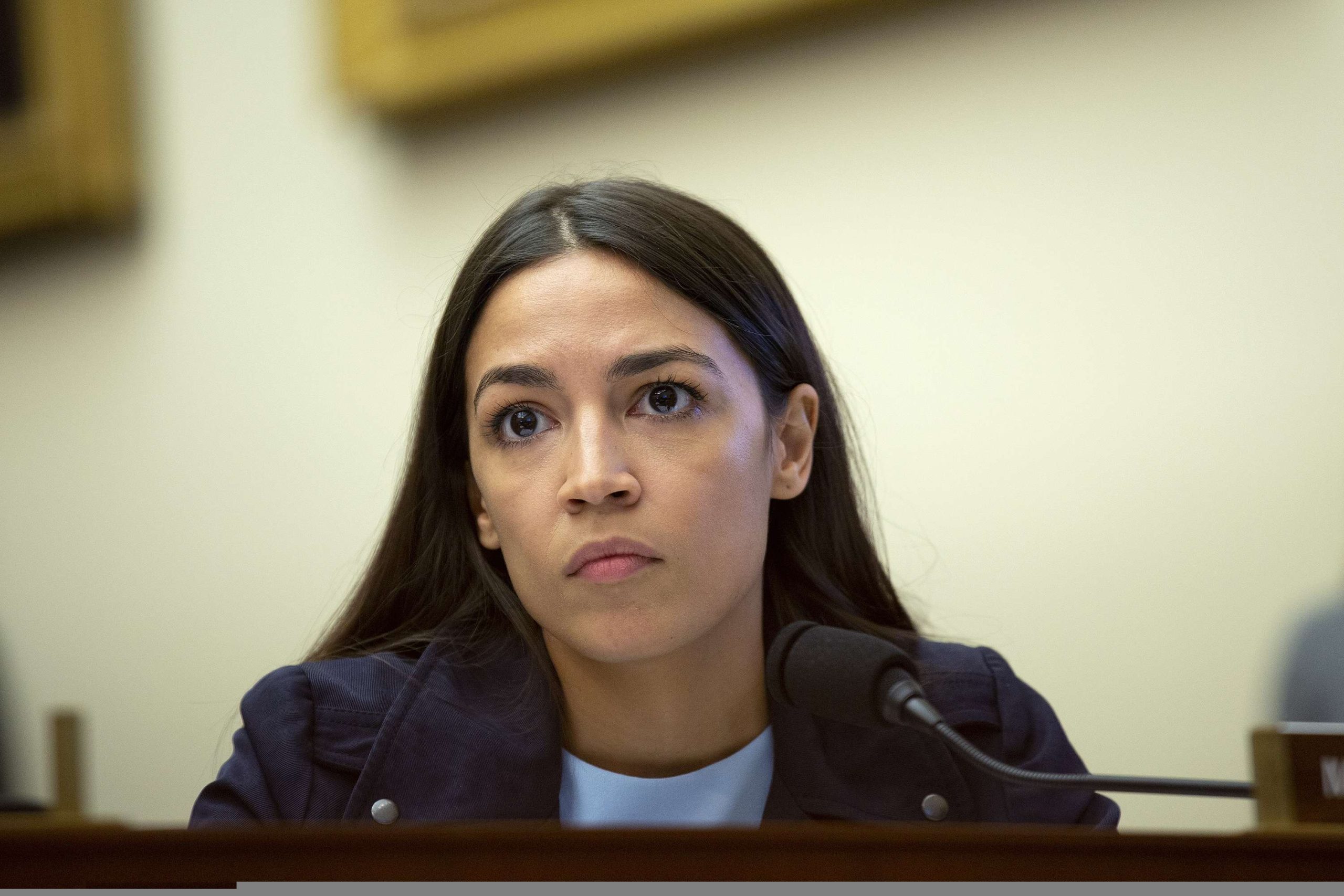Representative Alexandria Ocasio-Cortez’s Rhetoric on the Use of Force
The Politicization of Violence and Healthcare:
The tragic murder of United Healthcare CEO Brian Thompson, allegedly by a young man struggling with chronic pain, has become a flashpoint for political debate. Rep. Alexandria Ocasio-Cortez’s response, connecting the act to systemic violence within the privatized healthcare system, sparked controversy. Her remarks raise concerns about the broadening definition of violence, particularly among some progressive activists and academics, who have argued that words themselves can constitute violence. This perspective contrasts sharply with the experiences of those who have faced true physical violence, highlighting a disconnect between theoretical discussions and real-world consequences. The core issue revolves around the frustration and desperation felt by individuals navigating a complex and often unforgiving healthcare system. While AOC’s comments might resonate with those who have experienced difficulties accessing or affording care, her critics argue that justifying violence, even indirectly, is dangerous and inappropriate.
The Realities of Government-Run Healthcare:
AOC’s advocacy for government-run healthcare, citing Canada as a model, faces scrutiny in light of recent events. The tragic death of Adam Burgoyne, a Canadian man who died after experiencing delays in medical care, underscores the challenges inherent in such systems. While proponents of universal healthcare often emphasize its potential to eliminate suffering and inequality, critics argue that government-run systems can create their own set of problems, including long wait times and bureaucratic hurdles. Burgoyne’s story, though anecdotal, highlights the potential for delayed or denied care within government-run systems, raising questions about the trade-offs inherent in any healthcare model. The Canadian healthcare system, often touted as a successful example of universal healthcare, faces increasing criticism due to extended wait times for medical treatment, raising questions about its effectiveness and sustainability.
The Perils of Government Intervention in the Economy:
The New York Times’ suggestion of city-owned grocery stores to combat high food prices exemplifies the ongoing debate about the role of government in the economy. Critics argue that such interventions are inefficient and ultimately ineffective, potentially leading to unintended consequences. They point to the inherent challenges of government-run businesses, often plagued by bureaucracy and lack of innovation. The proposal also raises concerns about the potential for crowding out private sector competition and creating an uneven playing field. The debate highlights the fundamental disagreement over the optimal balance between government intervention and free market principles in addressing economic challenges.
The Intersection of Technology, Culture, and Politics:
The case of Lily Phillips, a British OnlyFans performer who engaged in a highly publicized sexual act, has sparked a multifaceted discussion about the influence of technology, culture, and ideology. Some commentators, like Mary Harrington, analyze the event through the lens of "egregoric capture," a concept from occult theory suggesting the influence of collective consciousness on individual behavior. Others, like Louise Perry, attribute Phillips’ actions to the confluence of the OnlyFans business model, which incentivizes shocking content, and the ideology of liberal feminism. This incident highlights the complex interplay between individual agency and societal forces in the digital age, raising questions about the nature of consent, exploitation, and the evolving landscape of sexuality.
Tax Policy and the "Working Rich":
The potential doubling of the state and local tax (SALT) deduction has ignited debate about tax policy and its impact on different income groups. The SALT deduction primarily benefits high-earners in high-tax states and localities, leading to criticisms that it exacerbates income inequality. However, some argue that disincentivizing high earners from living in metropolitan centers, where they often generate significant economic activity, could have negative consequences for overall productivity. The discussion highlights the complex trade-offs involved in tax policy and the ongoing struggle to balance competing interests. The focus on the "working rich," also known as HENRYs (High Earners, Not Rich Yet), reveals the complexities of wealth and income disparity in modern society and the challenges of designing tax policies that are both equitable and conducive to economic growth.
The Evolving Political Landscape:
The ongoing discourse surrounding transgender issues has significantly impacted the political landscape, often leading to polarization and heated debates. Marc Andreessen’s anecdote about Facebook’s diversity and inclusion policies highlights the sometimes-absurd complexities of navigating these issues in the corporate world. Meanwhile, Elon Musk’s announcement of SpaceX’s new headquarters in Starbase, Texas, represents a symbolic victory for his vision of technological innovation and entrepreneurial spirit. These seemingly disparate events underscore the rapidly evolving political and cultural landscape, shaped by technological advancements, shifting social norms, and ongoing struggles over identity and power. The increasing politicization of various aspects of life, from healthcare to technology to personal identity, highlights the challenges of finding common ground and engaging in constructive dialogue in a deeply divided society.
Share this content:












Post Comment